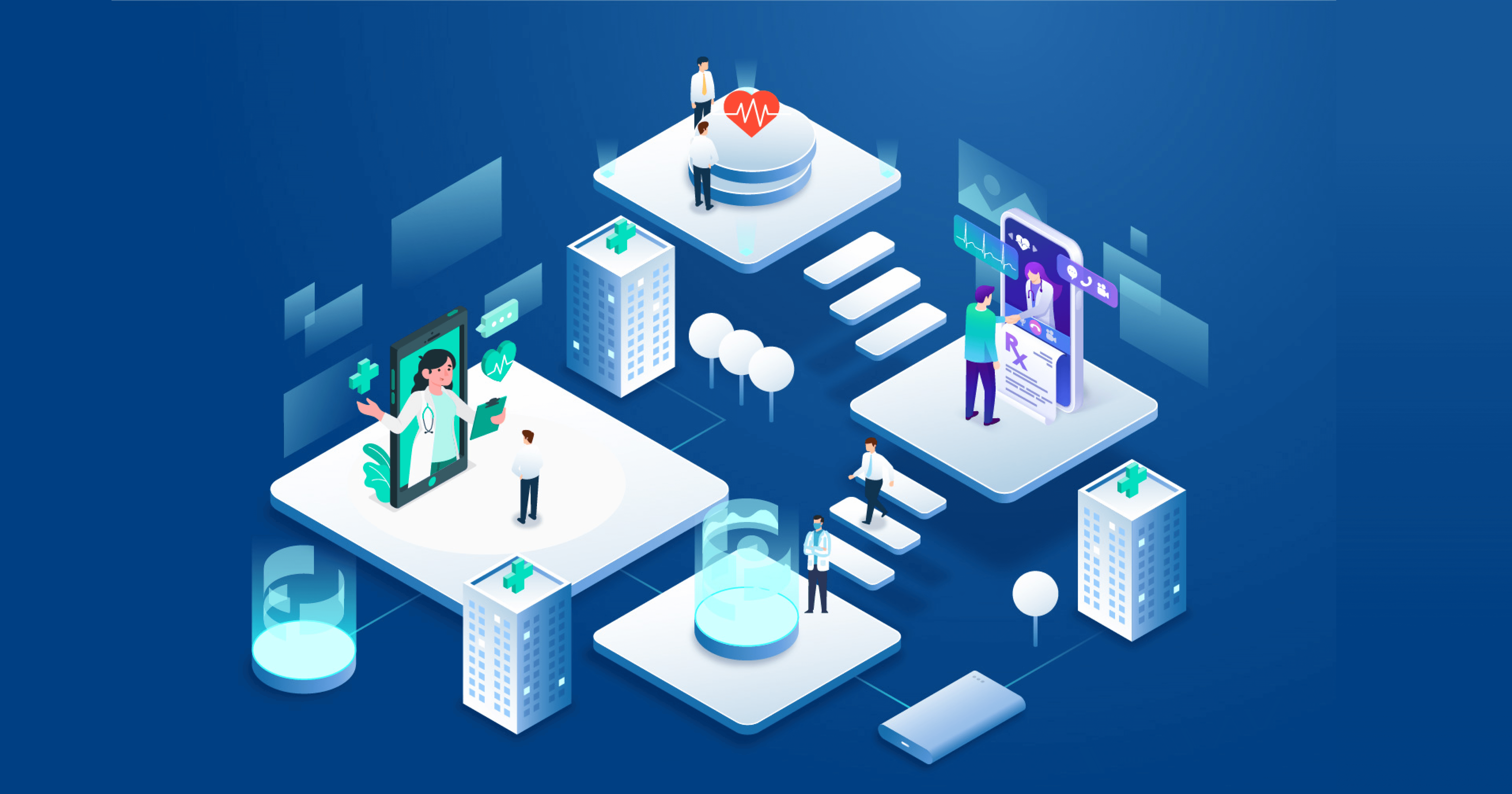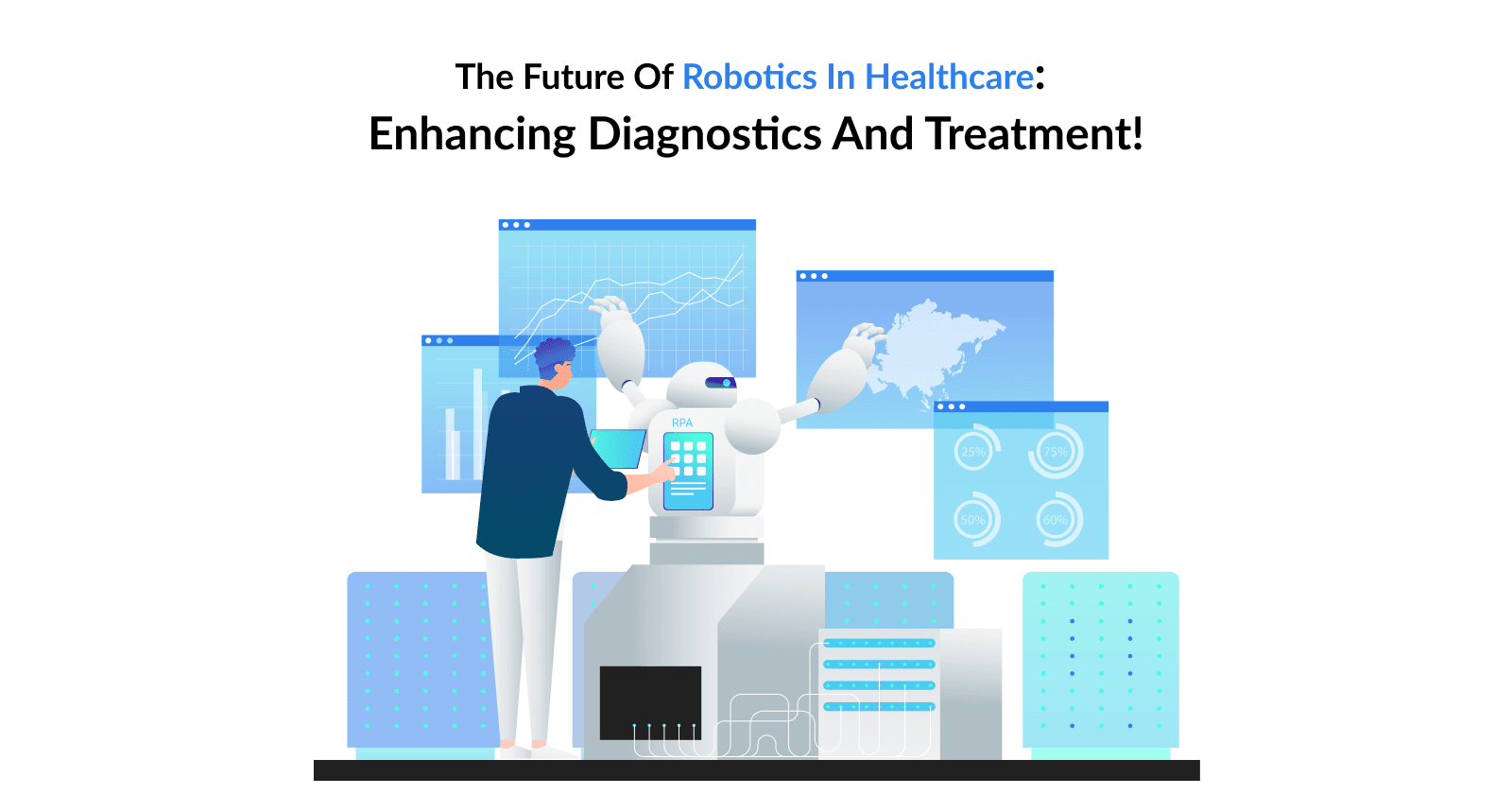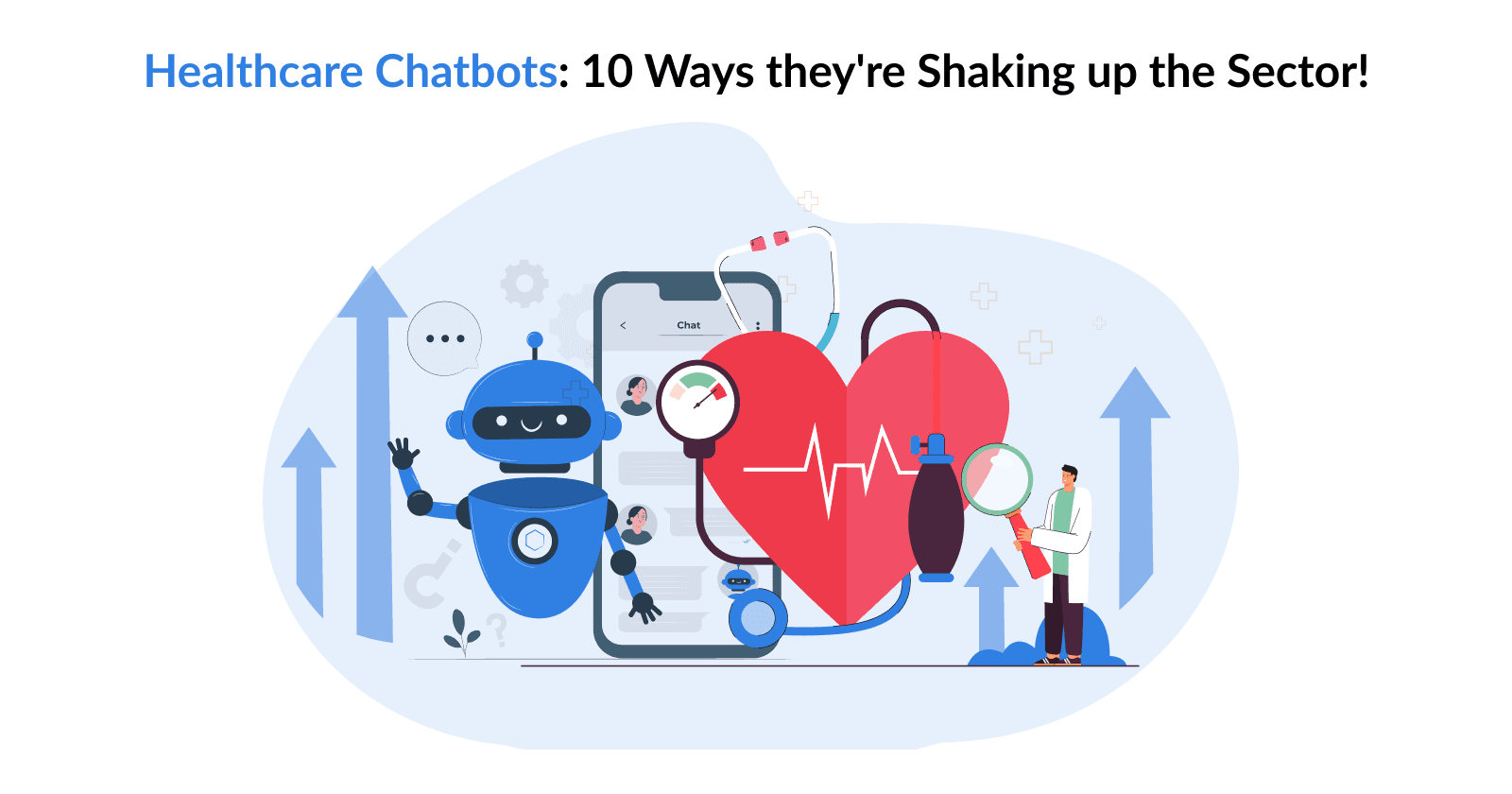Introduction
Nanotechnology is a rapidly growing field of science that has the potential to revolutionize various industries, including healthcare. Nanotechnology involves the manipulation and control of matter at the nanoscale level, which is one billionth of a meter.
Nanotechnology is a rapidly growing field of science that has the potential to revolutionize various industries, including healthcare. Nanotechnology involves the manipulation and control of matter at the nanoscale level, which is one billionth of a meter. This level of precision allows scientists to create new materials, devices, and systems that have unique properties and functionalities.
In this blog post, we will explore the role of nanotechnology in the healthcare industry, including its benefits, challenges, and opportunities.
What is Nanotechnology?
Nanotechnology is the science, engineering, and application of materials at the nanoscale level. This technology involves manipulating and controlling the properties of materials at the nanoscale, which is one billionth of a meter. Nanotechnology has become an exciting and emerging field of science with numerous applications in different sectors.
The Role of Nanotechnology in the Healthcare Industry
Nanotechnology is changing the healthcare industry in several ways. Here are some ways nanotechnology is being used in healthcare:
Drug Delivery
One of the significant applications of nanotechnology in healthcare is drug delivery. Nanoparticles can be engineered to carry drugs to specific cells or tissues, which enhances their effectiveness and reduces side effects. These nanoparticles can also improve the bioavailability of drugs by increasing their solubility and stability. The targeted drug delivery system can reduce the dosage required, lowering the cost of treatment.
Imaging
Nanotechnology also has a role to play in medical imaging. Nanoparticles can be designed to bind to specific cells or tissues, making it easier to identify and locate tumors, infections, or other abnormalities. These nanoparticles can also improve the sensitivity and specificity of imaging techniques like MRI, CT, and PET scans. The improved imaging can aid in the early detection and treatment of diseases.
Diagnostics
Nanotechnology is also playing a role in diagnostics. Nanoparticles can be designed to detect biomarkers of diseases like cancer, Alzheimer's, and heart disease. These biomarkers can be detected in bodily fluids like blood or urine, making it easier to diagnose diseases in their early stages. Early diagnosis can lead to more effective treatment and better patient outcomes.
Tissue Engineering
Tissue engineering is another area where nanotechnology is making a significant impact. Nanoparticles can be used to create scaffolds that support the growth of new tissue. These scaffolds can be made from biocompatible materials like polymers, metals, or ceramics, and can be tailored to suit the specific needs of individual patients. The scaffolds can help in tissue regeneration, which can be especially useful for patients who have suffered from injuries or diseases that have damaged their tissues.
Disease Treatment
Nanotechnology is also being used to develop new treatments for diseases like cancer, diabetes, and HIV. Researchers are developing nanoparticles that can target cancer cells while leaving healthy cells unharmed. These nanoparticles can also be designed to deliver gene therapies or other types of treatments directly to affected cells or tissues. The targeted treatment can improve patient outcomes and reduce healthcare costs.
Health Monitoring
Finally, nanotechnology is also being used for health monitoring. Researchers are developing wearable sensors and devices that can monitor vital signs like heart rate, blood pressure, and blood glucose levels. These sensors can also be used to detect early signs of disease, allowing for early intervention and treatment.
Benefits of Nanotechnology in the Healthcare Industry
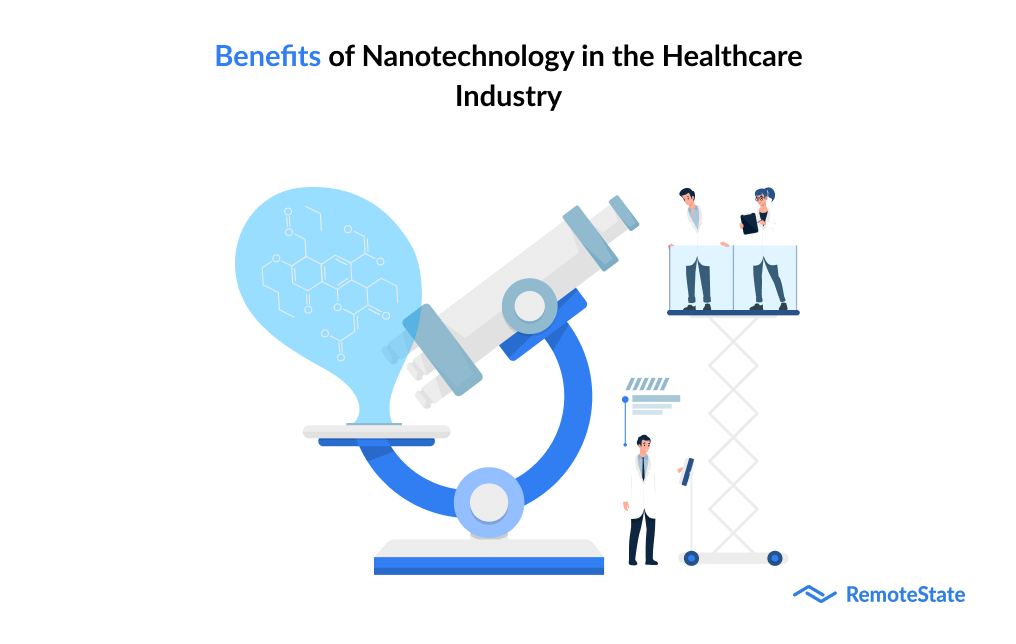
The application of nanotechnology in healthcare offers several benefits, some of which include:
Enhanced Drug Efficacy
Nanoparticles can be designed to target specific cells or tissues, which enhances the efficacy of drugs and reduces side effects. This targeted drug delivery can also reduce the dosage required, which can lower the cost of treatment.
Improved Imaging
Nanoparticles can be used to improve the sensitivity and specificity of medical imaging techniques, which can aid in the early detection and treatment of diseases.
Early Diagnosis
Nanoparticles can be used to detect biomarkers of diseases in bodily fluids like blood or urine, allowing for early diagnosis and treatment. Early diagnosis can lead to more effective treatment and better patient outcomes.
Personalized Treatment
Nanoparticles can be tailored to suit the specific needs of individual patients, which can lead to more personalized and effective treatments. This personalized approach can improve patient outcomes and reduce healthcare costs.
Tissue Regeneration
Nanoparticles can be used to create scaffolds that support the growth of new tissue, which can help in tissue regeneration. This can be especially useful for patients who have suffered from injuries or diseases that have damaged their tissues.
Non-Invasive Monitoring
Nanotechnology-based sensors and devices can monitor vital signs and detect early signs of disease without the need for invasive procedures. This non-invasive monitoring can improve patient comfort and reduce healthcare costs.
Challenges of Nanotechnology in the Healthcare Industry
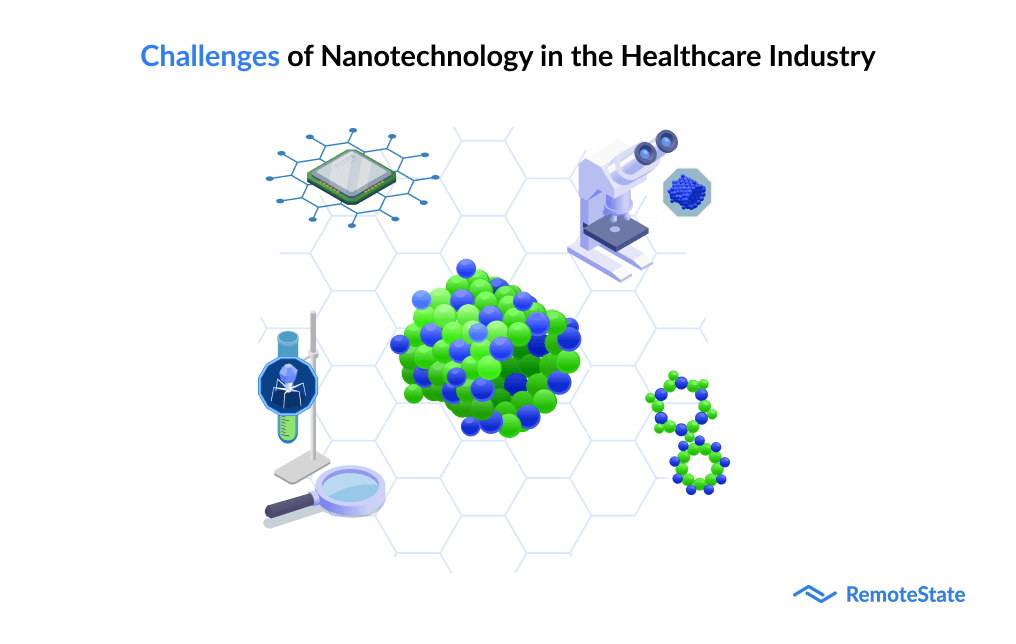
While nanotechnology offers numerous benefits to the healthcare industry, it also presents several challenges. Some of the challenges include
Safety Concerns
Nanoparticles can be toxic if they accumulate in the body, which raises safety concerns. The long-term effects of exposure to nanoparticles are not well understood, and researchers need to conduct more studies to assess their safety.
Regulatory Issues
The regulation of nanotechnology in healthcare is still evolving, which can create challenges for companies developing nanotechnology-based products. Regulatory bodies need to keep up with the rapid pace of technological advancements to ensure that products are safe and effective.
Manufacturing Challenges
The production of nanoparticles can be challenging, as they require specialized equipment and techniques. The manufacturing process needs to be optimized to ensure consistency in quality and minimize batch-to-batch variations.
Cost
The development and production of nanotechnology-based products can be expensive, which can limit their accessibility to patients. The high cost of these products can also be a barrier to entry for small companies and startups.
Opportunities of Nanotechnology in the Healthcare Industry
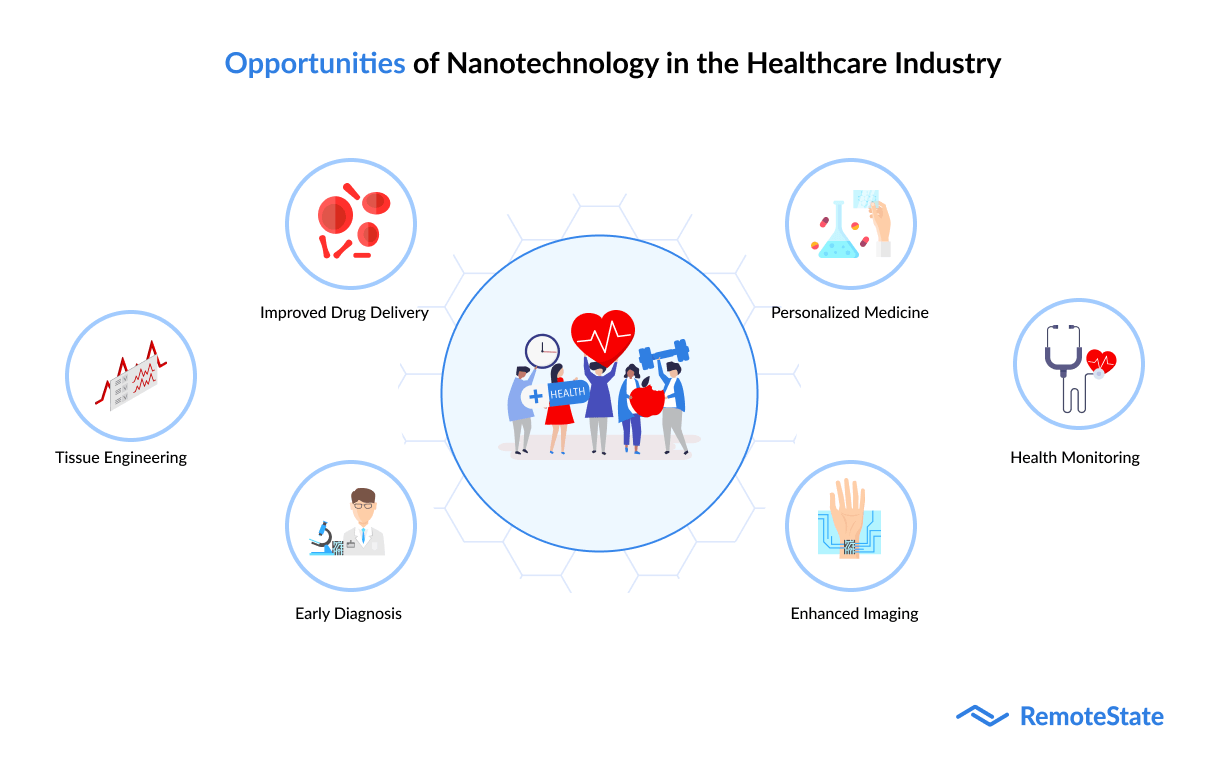
Despite the challenges, nanotechnology presents numerous opportunities for the healthcare industry. Some of these opportunities include
Improved Drug Delivery
Nanotechnology-based drug delivery systems can improve the efficacy of drugs and reduce side effects. The targeted drug delivery can also reduce the dosage required, which can lower the cost of treatment.
Enhanced Imaging
Nanoparticles can be used to improve the sensitivity and specificity of medical imaging techniques, allowing for earlier detection and treatment of diseases.
Early Diagnosis
Nanoparticles can be used to detect biomarkers of diseases in bodily fluids, allowing for earlier diagnosis and treatment. This can lead to better patient outcomes and reduced healthcare costs.
Personalized Medicine
Nanoparticles can be tailored to suit the specific needs of individual patients, which can lead to more personalized and effective treatments. This personalized approach can improve patient outcomes and reduce healthcare costs.
Tissue Engineering
Nanoparticles can be used to create scaffolds that support the growth of new tissue, which can help in tissue regeneration. This can be especially useful for patients who have suffered from injuries or diseases that have damaged their tissues.
Health Monitoring
Nanotechnology-based sensors and devices can monitor vital signs and detect early signs of disease without the need for invasive procedures. This non-invasive monitoring can improve patient comfort and reduce healthcare costs.
Conclusion
Nanotechnology has the potential to revolutionize the healthcare industry by improving drug delivery, enhancing medical imaging, facilitating early diagnosis, and personalized medicine, tissue engineering, and health monitoring. While there are still challenges that need to be addressed, the opportunities presented by nanotechnology are immense.
The healthcareindustry needs to invest in the development and application of nanotechnology to realize its full potential. Regulatory bodies need to keep up with the rapid pace of technological advancements and ensure that products are safe and effective. Researchers need to conduct more studies to assess the safety of nanoparticles and optimize the manufacturing process to ensure consistency in quality and minimize batch-to-batch variations.
Nanotechnology has already made significant contributions to the healthcare industry, and it will continue to do so in the future. The development of new and innovative nanotechnology-based products will improve patient outcomes and reduce healthcare costs, making healthcare more accessible and affordable to everyone.
Remotestate: Advancing the Future of Nanotechnology in the Healthcare Industry through Software Development!
Remotestate can play a significant role in advancing the use of nanotechnology in the healthcare industry. With its expertise in software development, Remotestate can help develop software and data analytics tools to support the design, manufacturing, and quality control of nanotechnology-based healthcare products.
Remotestate can also help healthcare companies implement electronic health record (EHR) systems that can integrate nanotechnology-based diagnostic and therapeutic tools to improve patient outcomes. With the help of Remotestate's software development services, healthcare providers can easily access patient information and monitor their health status in real time, allowing for early diagnosis and personalized treatment.
Finally, Remotestate can help healthcare companies with regulatory compliance and ensure that their products meet the necessary safety and quality standards. Remotestate can help develop systems to track and report adverse events related to nanotechnology-based healthcare products, which is essential for regulatory compliance.
In conclusion, Remotestate's software development expertise can help advance the use of nanotechnology in the healthcare industry, enabling improved patient outcomes, reduced healthcare costs, and increased accessibility to healthcare services. With its experience in software development and data analytics, Remotestate is well-positioned to contribute to the growth and development of the nanotechnology-based healthcare industry.
FAQ
What is nanotechnology?
Nanotechnology is the study of materials and devices that are on the nanoscale, which is one billionth of a meter. It involves the manipulation of atoms and molecules to create new materials and devices with unique properties and applications.
What are some examples of nanotechnology in healthcare?
Some examples of nanotechnology in healthcare include drug delivery systems, medical imaging, tissue engineering, and health monitoring devices.
What are the benefits of nanotechnology in healthcare?
The benefits of nanotechnology in healthcare include improved drug delivery, enhanced medical imaging, facilitated early diagnosis and personalized medicine, tissue engineering, and non-invasive health monitoring.
What are the challenges of nanotechnology in healthcare?
The challenges of nanotechnology in healthcare include safety concerns, regulatory issues, manufacturing challenges, and high costs.
What is the future of nanotechnology in healthcare?
The future of nanotechnology in healthcare is bright, with the potential to revolutionize the healthcare industry by improving patient outcomes, reducing healthcare costs, and making healthcare more accessible and affordable to everyone. However, further research and development are needed to fully realize its potential.
Publication Date
2023-05-01
Category
Healthcare
Author Name
Rahul Agrawal
